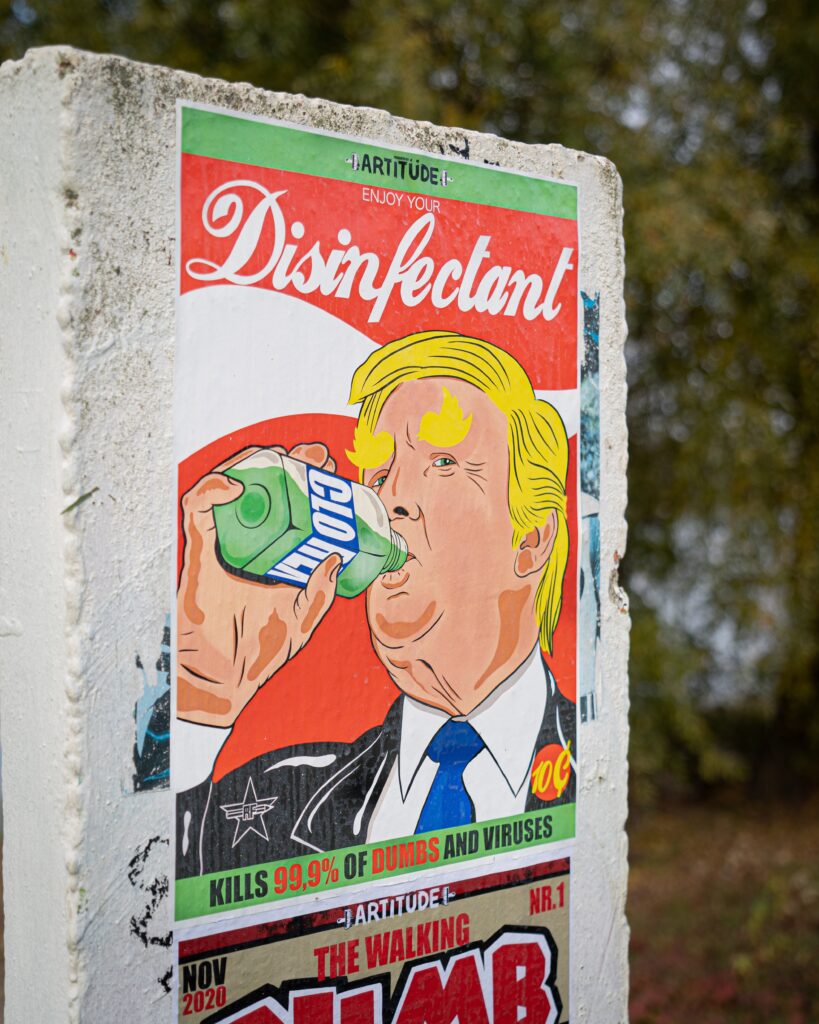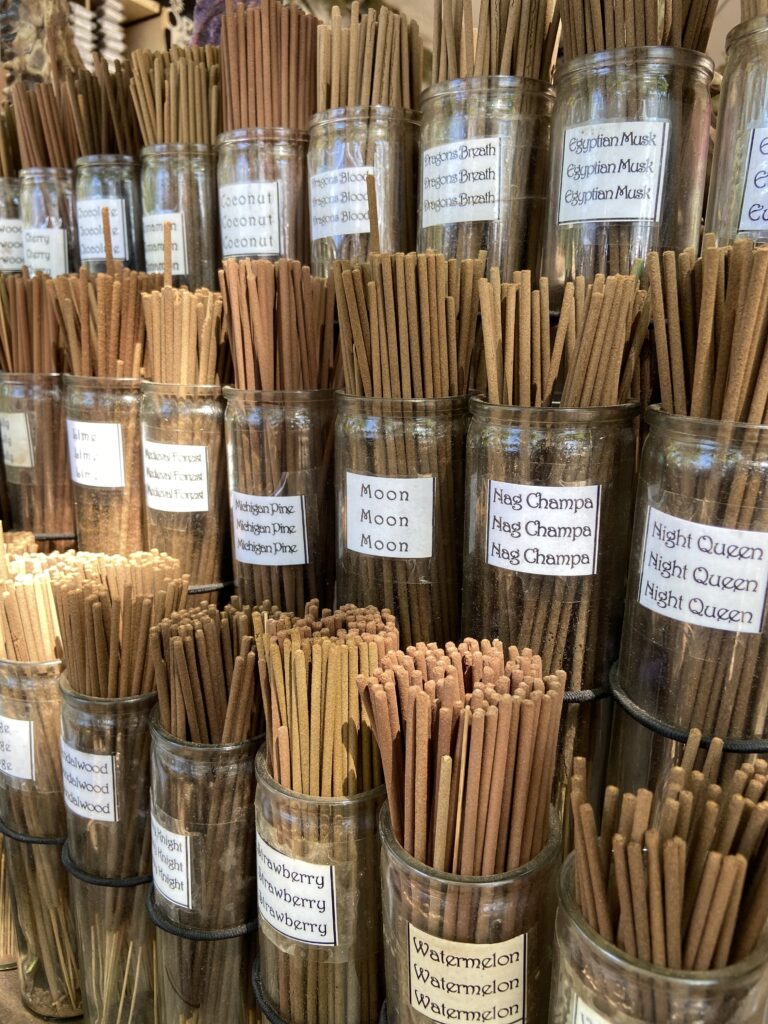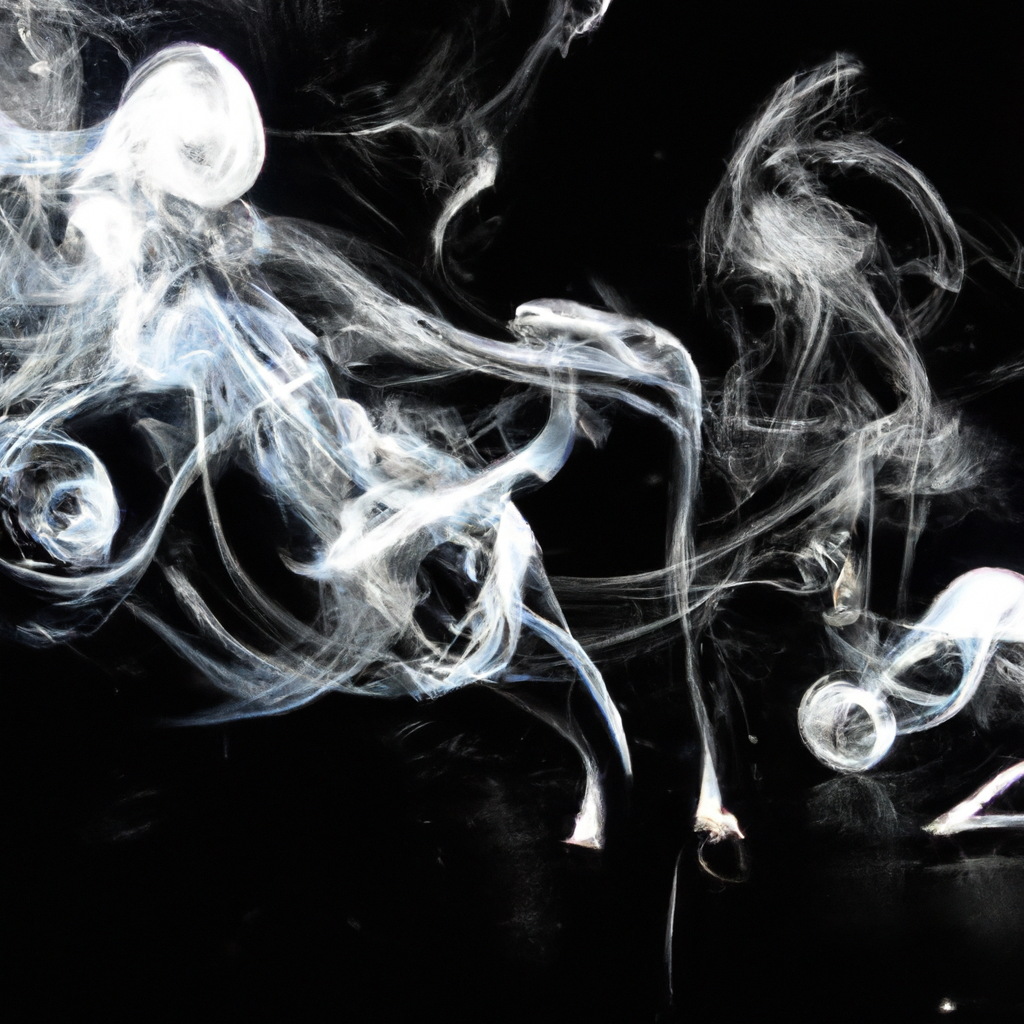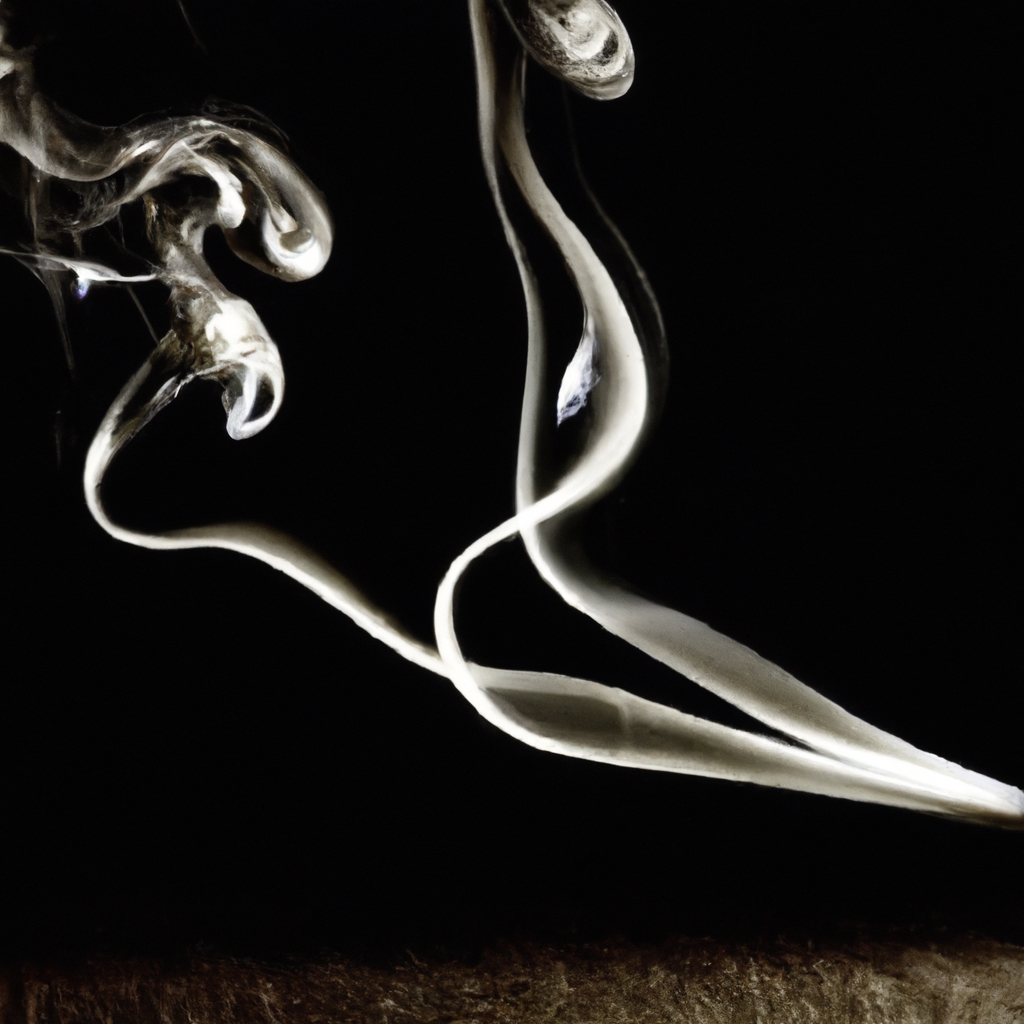Did you ever wonder if the fragrant smoke from incense sticks has any other beneficial properties besides filling your space with calming aromas? Well, you’re not alone in asking that question. Many people are curious about whether incense fumes can act as a disinfectant. In this article, we will explore this topic and provide you with some valuable information to help you understand if there is any truth to the claim that incense fumes have disinfectant properties. So, grab a cup of tea, sit back, and let’s dive into the world of incense fumes and their potential as a disinfectant.

What is incense?
Incense, in its simplest definition, is a substance that produces a fragrant aroma when burned. It has been used for centuries as a part of various cultural, religious, and spiritual practices around the world. Incense can come in different forms, including sticks, cones, and powders, and is typically made by combining aromatic plant materials with a binding agent.
Understanding disinfectants
Disinfectants are substances that are commonly used to kill or inactivate harmful microorganisms on surfaces or in the air. They are an essential part of maintaining cleanliness, especially in environments where the risk of infections or diseases is high. Disinfectants can work by disrupting the cell walls or metabolic processes of microorganisms, effectively eliminating their ability to survive and reproduce.
Claims about incense fumes as a disinfectant
There has been a popular belief, backed by historical use and some scientific research, that incense fumes possess disinfectant properties. Many ancient civilizations used incense for purification purposes, such as during rituals or in the treatment of illnesses. However, it is essential to explore the scientific evidence and consider the limitations before drawing conclusions about the effectiveness of incense as a disinfectant.
Effectiveness of incense as a disinfectant
Several factors can affect the effectiveness of incense as a disinfectant. The type and concentration of plant materials used in incense, as well as the duration and intensity of burning, may influence its antimicrobial properties. However, it is important to note that limited scientific evidence is available to support the claim that incense fumes alone can effectively disinfect a space.
In comparison to conventional disinfectants like bleach or alcohol-based solutions, incense may not be as potent in eradicating harmful microorganisms. These conventional disinfectants have been extensively studied and proven to be effective in various settings, providing a higher level of certainty for disinfection purposes. Therefore, it is crucial to exercise caution and consider using incense as a supplementary disinfectant rather than a primary method.

Potential antimicrobial properties of incense
Incense contains numerous chemical compounds that may contribute to its potential antimicrobial properties. Some studies have explored the effects of these compounds on microorganisms, showing promising results. For example, certain compounds in incense, such as terpenoids, have been found to exhibit antimicrobial activity against bacteria and fungi.
However, it is important to note that the specific microorganisms affected by incense fumes may vary. Further research is needed to understand the range of microorganisms that can be effectively targeted by incense and the optimal conditions required for its antimicrobial properties to be potent.
Benefits and limitations of using incense as a disinfectant
Using incense fumes as a supplementary disinfectant can offer some benefits. The aromatic fragrance released by incense can help mask unpleasant odors, creating a more pleasant environment. Additionally, the cultural and religious significance of incense can provide a sense of comfort and tranquility, contributing to mental well-being.
However, it is important to acknowledge the limitations and risks associated with relying solely on incense for disinfection. As mentioned earlier, the effectiveness of incense as a disinfectant is not as well-established as that of conventional disinfectants. One of the primary limitations of using incense is its inability to reach all surfaces or enclosed spaces effectively. Moreover, the concentration and duration of exposure required for incense to exhibit significant antimicrobial activity may not be practical or feasible in all settings.
Considering these limitations, it is crucial to use incense as a supplementary disinfectant and not solely rely on it for comprehensive disinfection purposes. This can be achieved by combining the use of incense with conventional disinfectants, which provide a higher level of certainty in eliminating harmful microorganisms.

Precautions and safety concerns
While incense may have its benefits, there are also health risks associated with inhaling incense smoke. Incense smoke contains various volatile organic compounds (VOCs) and particulate matter, which can be irritating to the respiratory system. Prolonged or excessive exposure to incense smoke may increase the risk of respiratory issues, particularly for individuals with pre-existing respiratory conditions.
To minimize health risks, proper ventilation is essential when using incense. Ensuring that there is adequate airflow and avoiding prolonged exposure to smoke can help reduce the potential negative effects. It is also important to follow safe usage practices, such as not leaving burning incense unattended and keeping it away from flammable materials.
Considering the potential health risks of incense smoke, it is crucial to explore alternative disinfection methods that do not pose respiratory hazards or adverse effects on human health.
Usage of incense in rituals and ceremonies
Incense holds significant cultural and religious significance in various traditions around the world. It has been used for centuries in rituals and ceremonies as a means of purification, spiritual connection, and creating a sacred atmosphere. Different types of incense may be used depending on the specific rituals or cultural practices, each carrying its own symbolic meaning.
In these contexts, incense is not primarily used as a disinfectant but rather as a tool for spiritual and cultural purposes. However, the aroma and smoke produced by burning incense in rituals can contribute to the overall sensory experience and create a sense of reverence and tranquility.

Sustainable and eco-friendly alternatives to conventional disinfectants
Conventional disinfectants, such as bleach or alcohol-based solutions, can have adverse effects on the environment. The production, use, and disposal of these chemicals can contribute to pollution and harm ecosystems. Therefore, exploring sustainable and eco-friendly alternatives is crucial for maintaining cleanliness without compromising environmental well-being.
Natural and non-toxic disinfection options, such as vinegar, hydrogen peroxide, or essential oils, can be considered as alternatives to conventional disinfectants. These substances have been shown to possess antimicrobial properties and can be used effectively in various settings. Additionally, the use of incense as a potential sustainable disinfectant should be further explored, considering its historical and cultural significance.
Final thoughts
The discussion surrounding the use of incense as a disinfectant requires a balanced approach that considers both tradition and scientific evidence. While incense has been used for purification purposes throughout history and exhibits potential antimicrobial properties, there is limited scientific evidence to support its effectiveness as a standalone disinfectant.
Further research is necessary to better understand the parameters under which incense can effectively target harmful microorganisms. It is also essential to exercise caution and consider incense as a supplementary disinfectant alongside conventional methods. Proper ventilation and usage practices should be followed to minimize health risks associated with incense smoke.
By combining tradition, cultural significance, and scientific exploration, it is possible to use incense responsibly for its potential benefits while maintaining a comprehensive approach to cleanliness and disinfection.

